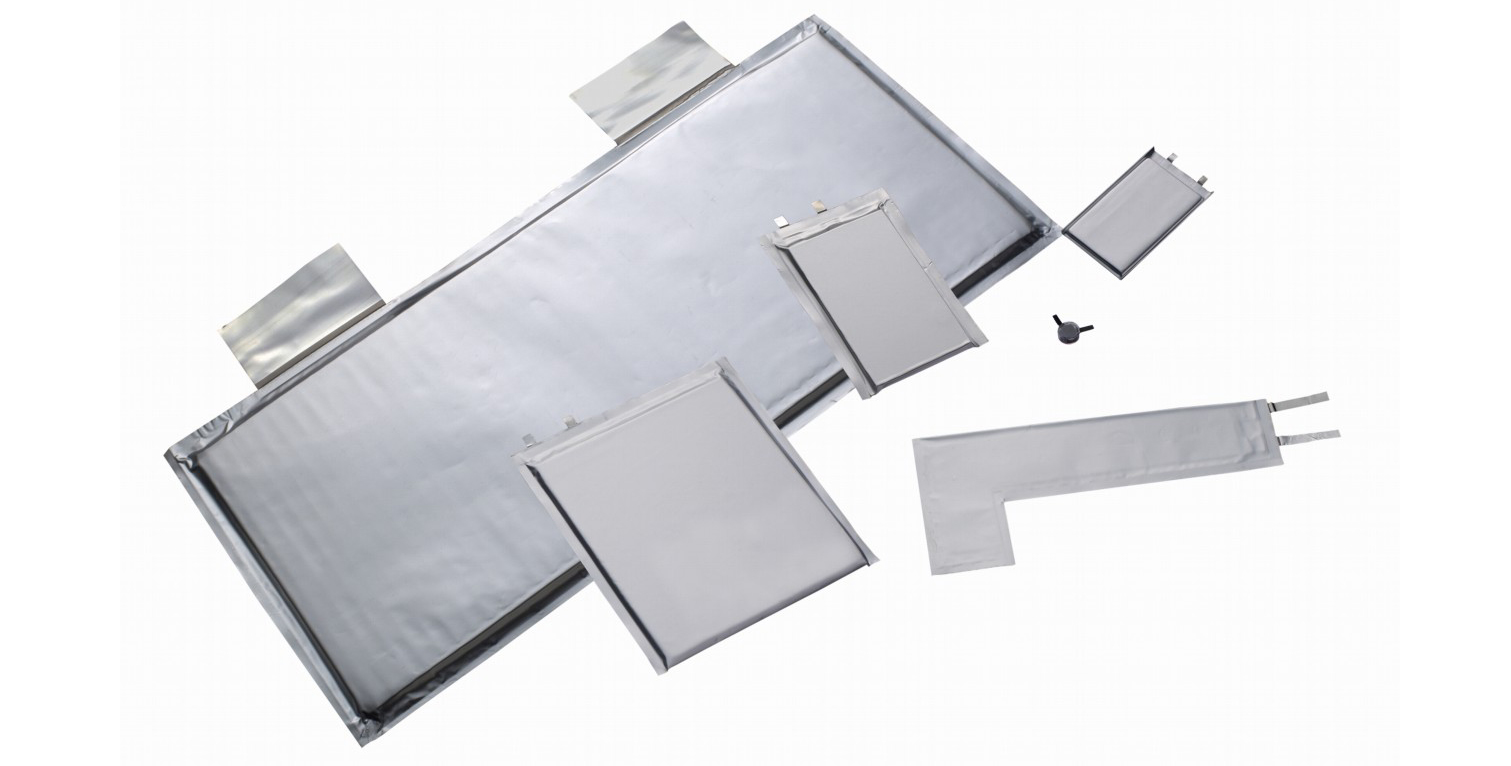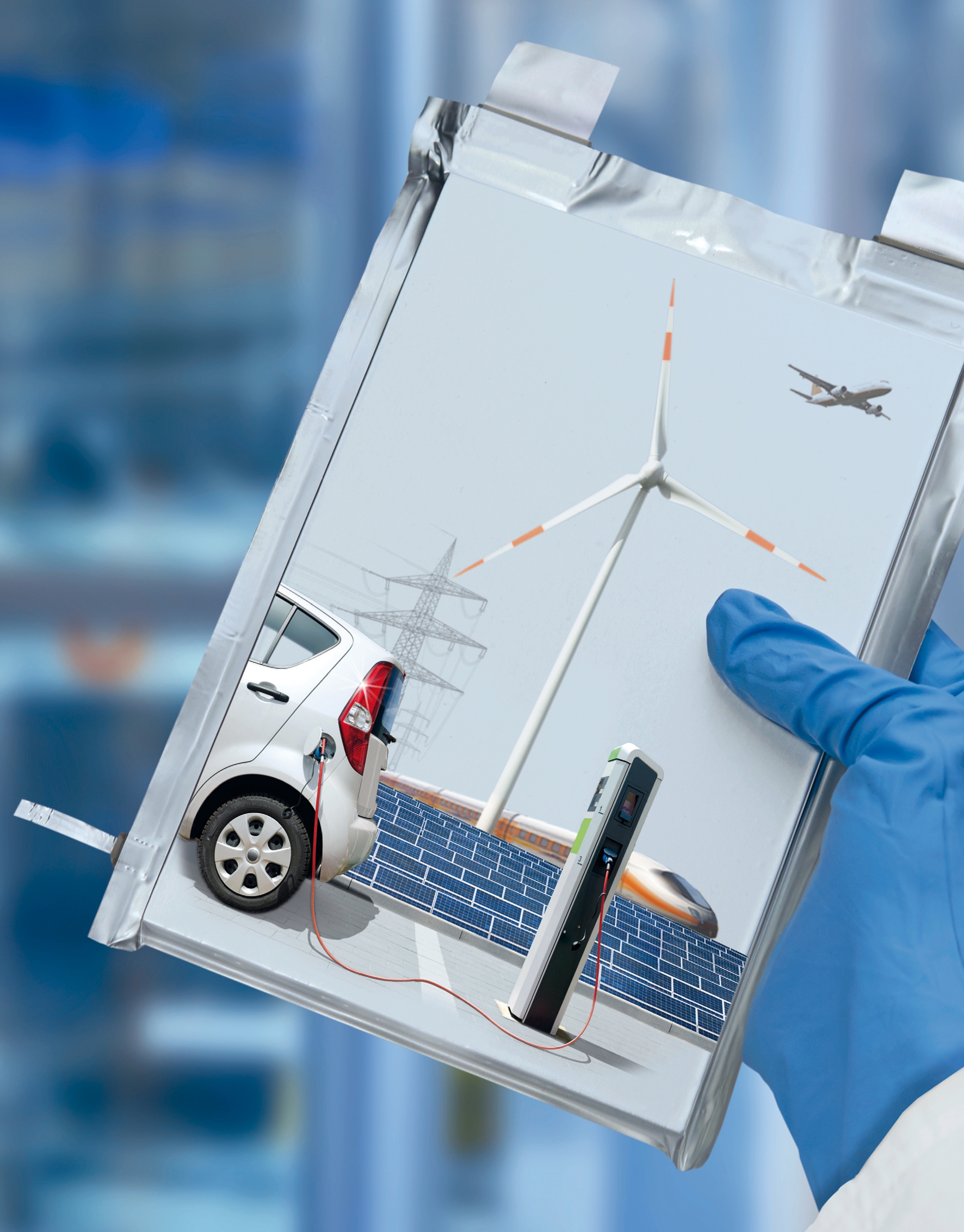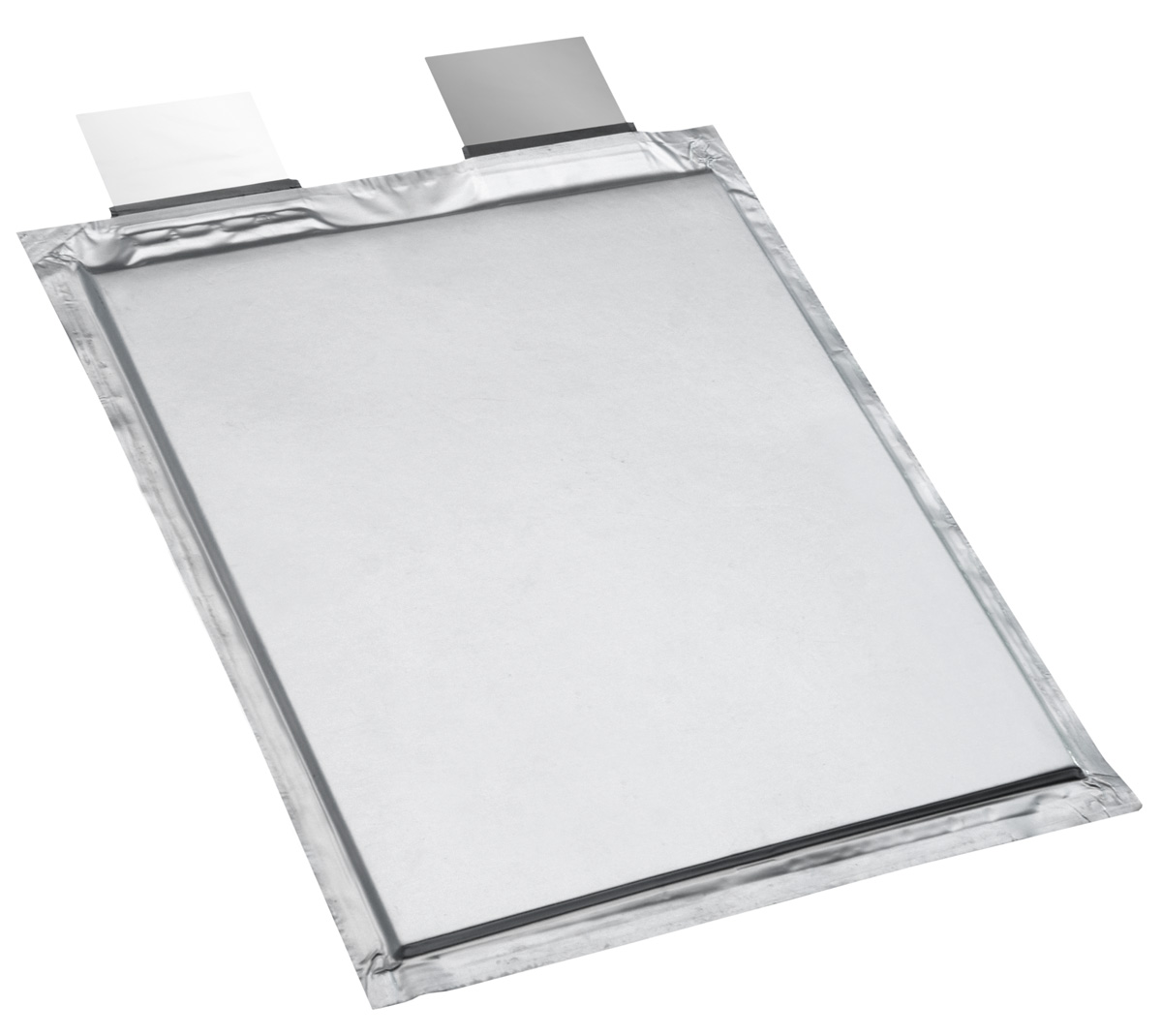Eren Gayretli
CARBAT - Calcium Rechargeable Battery Technology
Batteries have an immense importance for our daily life and the number of possible and more and more specific applications is constantly growing. Lithium-ion batteries (LIB) are the most advanced battery systems today. They are used for a very wide range of applications, from cell phones to electric cars.

In some areas, however, a viable scenario remains out of reach due to the high material costs and the still too low energy density of LIBs as battery storage devices.
Multivalent cell chemistries based on calcium or magnesium metal electrodes are considered promising, as they are superior to LIBs both in terms of specific capacities of the anode materials and their availability, and could replace them in certain applications (e.g. stationary storage) in the future.
As part of Horizon 2020, the European Union is funding research on rechargeable calcium ion batteries (CIB), in which Fraunhofer ISIT and its partners (Consejo Superior de Investigaciones Científicas CSIC, Chalmers University of Technology Gothenburg) are also involved with the CARBAT project.
The aim of CARBAT is to research and develop new cathode materials and electrolytes that enable reversible storage of Ca2+ ions in cells. In doing so, Fraunhofer ISIT explores the possibilities of integrating these novel materials into a pilot production. Within the framework of CARBAT, ISIT was able to produce the world's first calcium ion cell in pouch technology, thus demonstrating the suitability in principle of a Ca(II) cell chemistry for the entire manufacturing process.
_______________________
Fraunhofer ISIT offers customer-specific battery developments based on Li-polymer with far-reaching adaptability, e.g. with regard to fast charge/discharge capability, load capacity and longevity. At ISIT, a complete process chain from paste preparation to packaging and characterization is available for single cells up to high-performance storage systems.
 Fraunhofer Institute for Silicon Technology
Fraunhofer Institute for Silicon Technology
